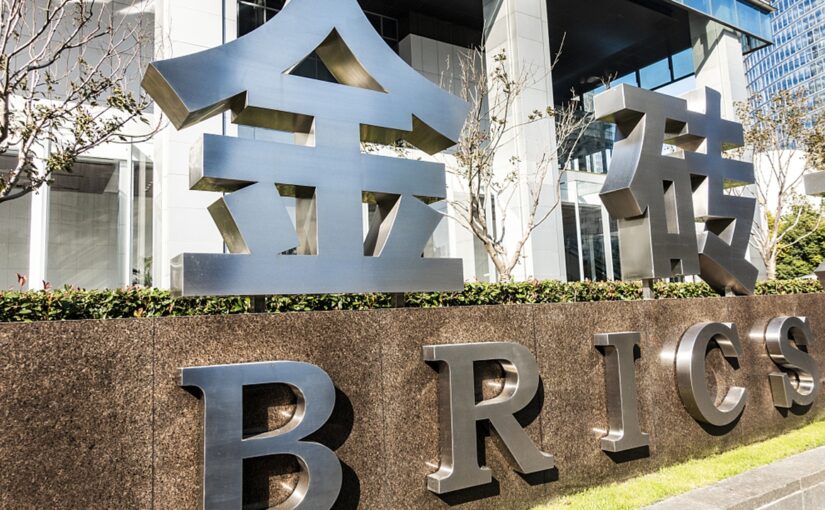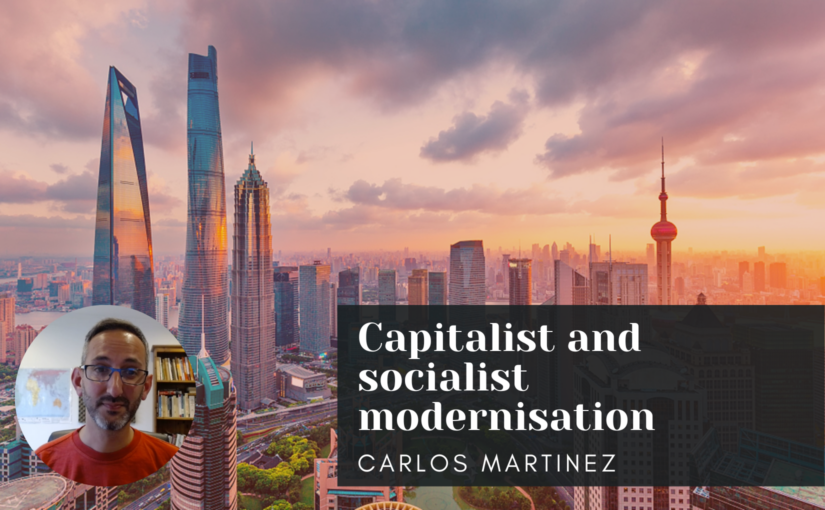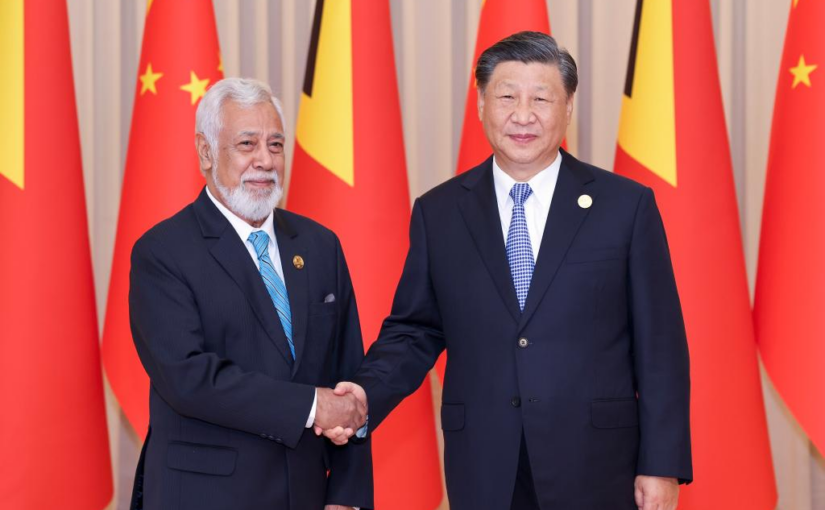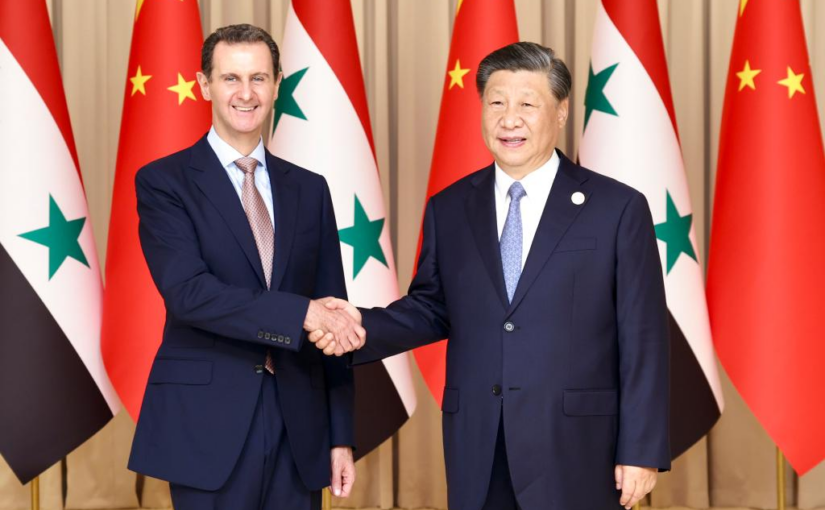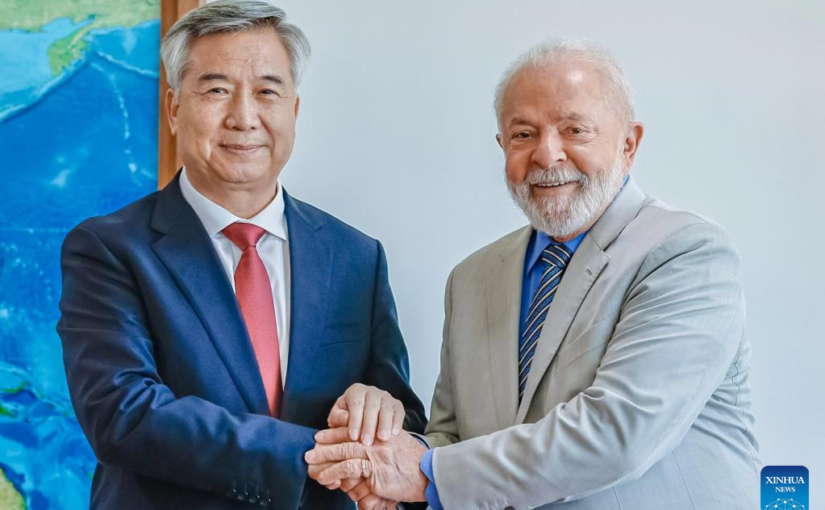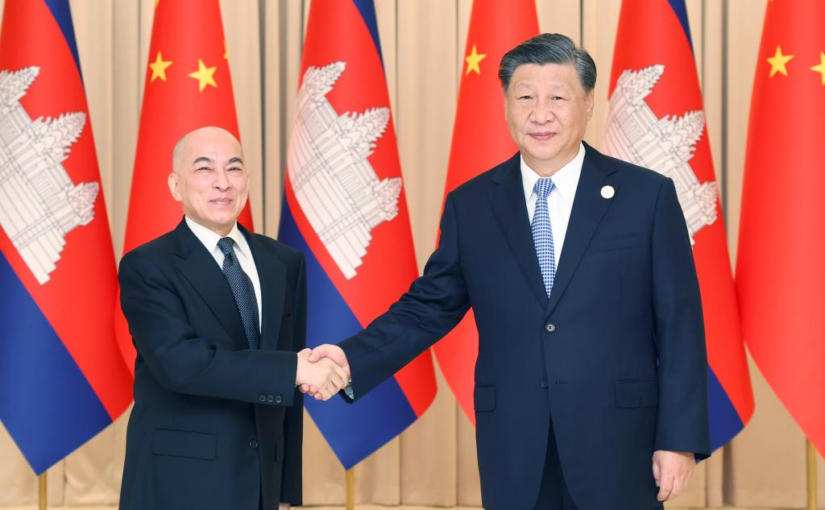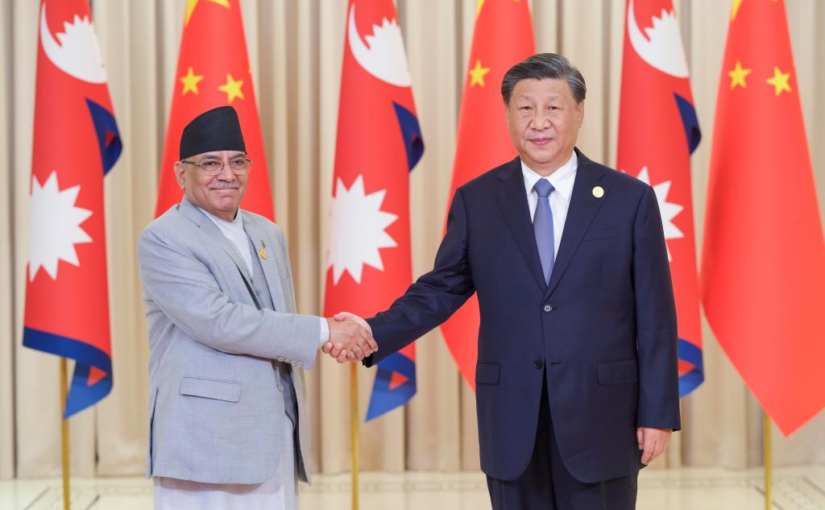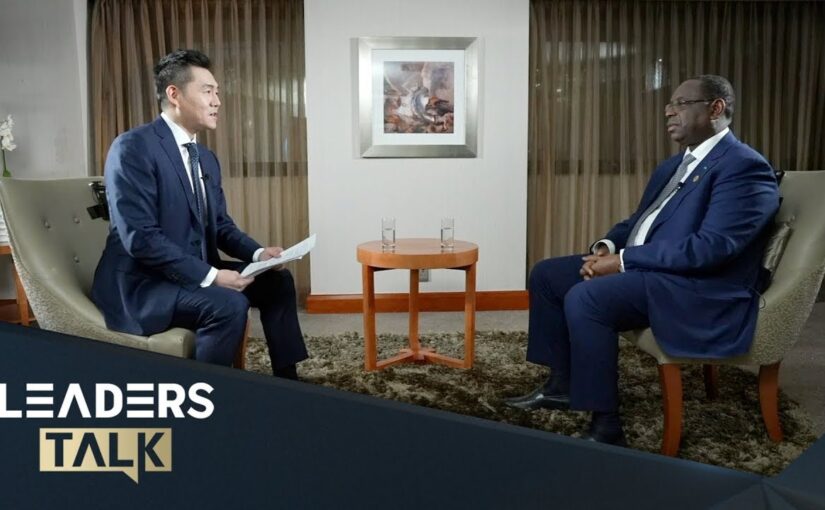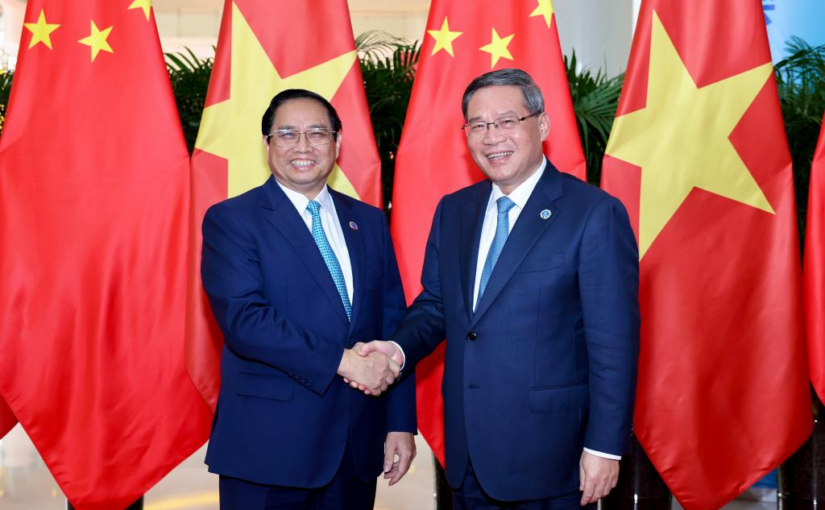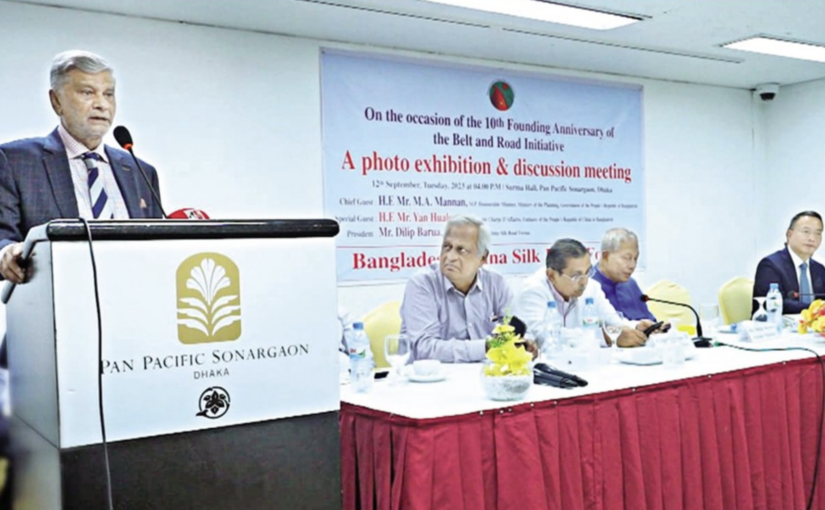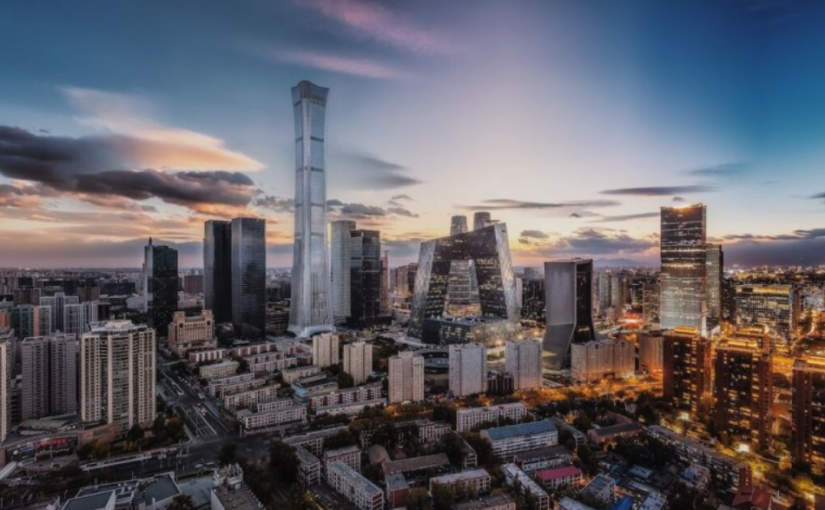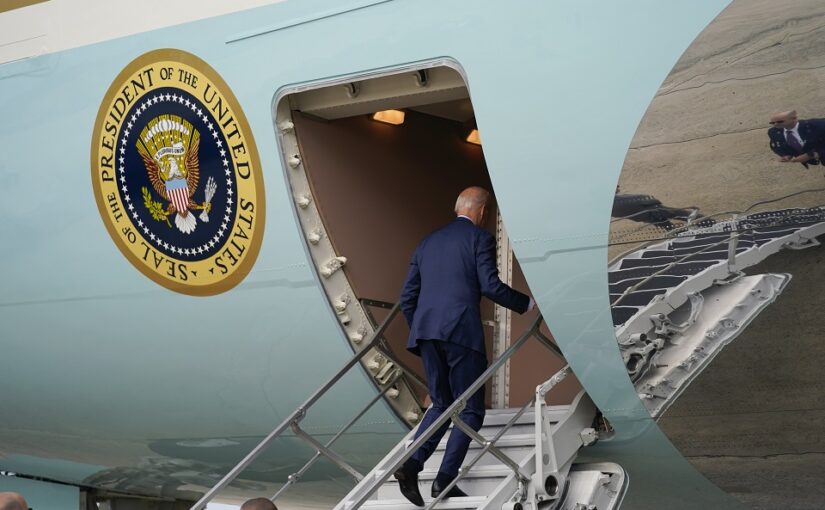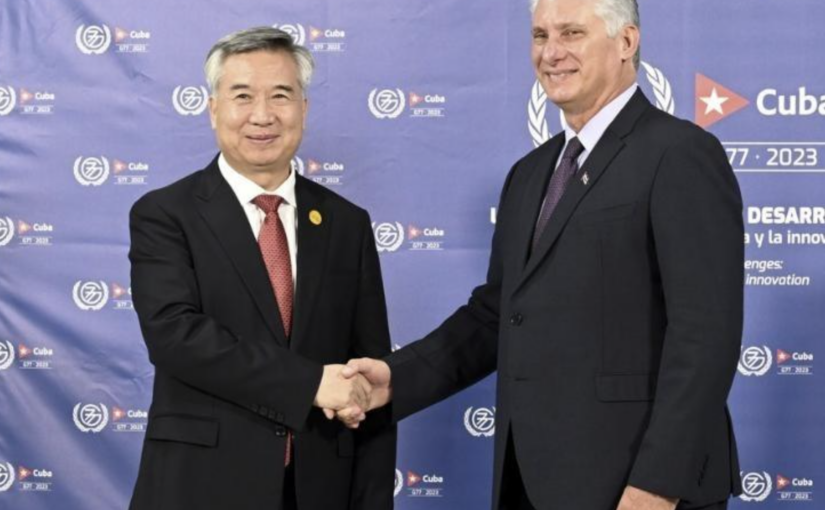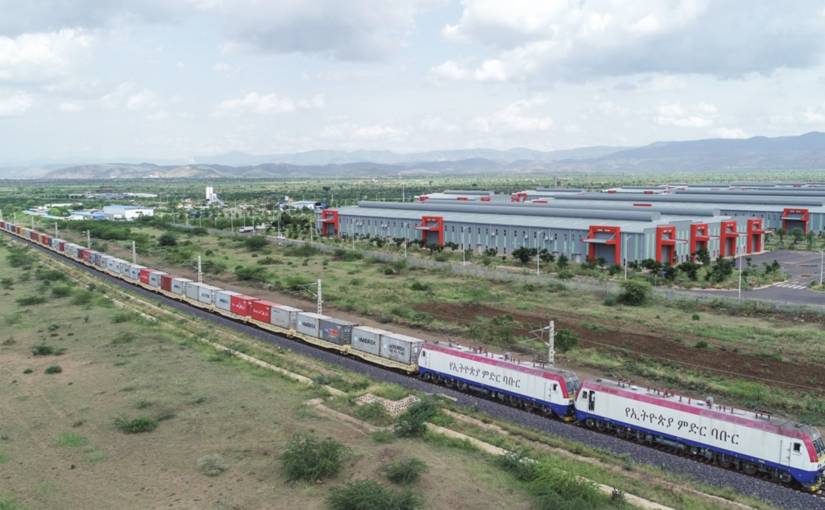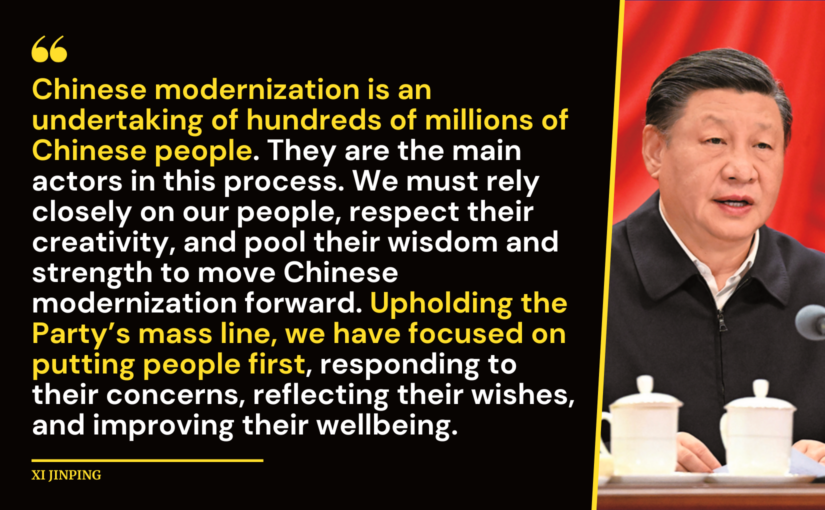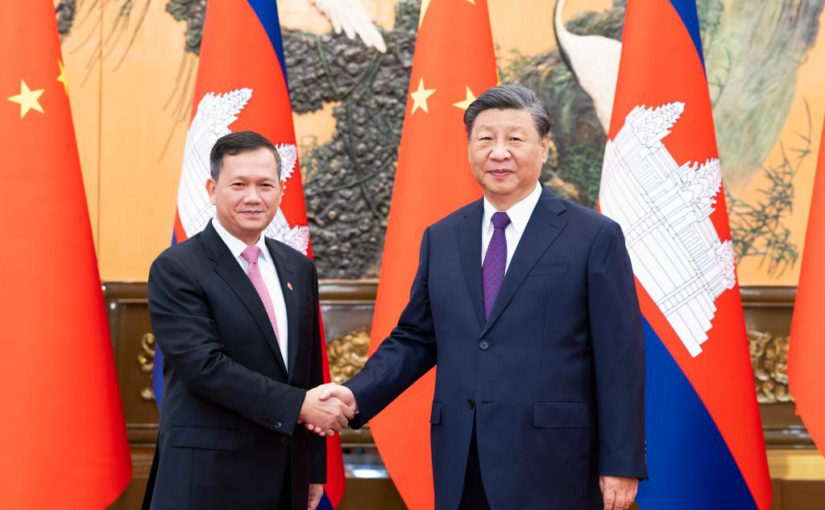In the following article, which was originally published in the Pakistani newspaper The Express Tribune, Senator Mushahid Hussain, the Chairman of the Defence Committee of Pakistan’s Senate, who is also a member of our advisory group, compares and contrasts two recent major summits, that of the BRICS grouping, that was held in South Africa in August, and that of the G-20, held in India in September.
Whilst observing that they reflected a polarised world, Senator Mushahid goes on to state that “both summits were dominated by the ‘China factor’. BRICS was essentially showcasing Chinese diplomacy at its best, because after Beijing brokered the historic Iran-Saudi Arabia rapprochement in March 2023, at BRICS, both these protagonists together with the UAE plus Ethiopia, Egypt and Argentina were welcomed into what is now BRICS+, making the largest producers and consumers of oil sit around one table. And at the G-20 Summit in Delhi, which was more about symbolism as a two-in-one attempt by PM Narendra Modi to make India the West’s bridge to the Global South while choreographing the early launch of his own election campaign through extensive billboards, photo ops and not-so-sophisticated PR, the most concrete outcome was yet another attempt to unveil a copycat project of China’s BRI [Belt and Road Initiative].”
Noting that the West had pushed for the launch of the “rather grandiose sounding” India-Middle East-Europe Economic Corridor (IMEC), he writes that this is the fifth attempt in five years to launch a Western copycat version of the BRI.
Senator Mushahid also points out that 2023 is, “the year of anniversaries for both China and the US, reflecting a marked contrast in perspectives and policies. For China, it marks 10 years of BRI, probably the most important developmental and diplomatic initiative of the 21st century. For the US, it marks three anniversaries reflecting the US security-centric, military-dominated worldview: 70 years of the CIA coup in Iran, 50 years of the CIA coup in Chile and 20 years of the war in Iraq.”
China, he concludes, “is embarked on presenting a strategic option to the Global South by building an alternative, more equitable world economic and political order, reflecting the shift in the global centre of gravity from the West to the East.”
Reflecting a polarised world, two major summits, within a span of three weeks, with some overlap in membership in different continents, presented a sharp contrast in goals and outcomes. The Summit of BRICS hosted by South Africa, and the G-20 Summit held in India, in August and September respectively, are contrasting examples.
The BRICS Summit in the land of Mandela reflected the late leader’s ethos of pluralism and inclusivity, while the G-20 Summit in the land of Modi saw the conspicuous absence of China’s President Xi Jinping, who had been the star of the show at Johannesburg. President Vladimir Putin was absent at both, while President Joe Biden and other Western leaders were in attendance in a spruced-up New Delhi, keen to cover the ugly reality of a divisive, bigoted polity.
However, both summits were dominated by the ‘China factor’: BRICS was essentially showcasing Chinese diplomacy at its best, because after Beijing brokered the historic Iran-Saudi Arabia rapprochement in March 2023, at BRICS, both these protagonists together with the UAE plus Ethiopia, Egypt and Argentina were welcomed into what is now BRICS+, making the largest producers and consumers of oil sitting around one table. And at the G-20 Summit in Delhi, which was more about symbolism as a two-in-one attempt by PM Narendra Modi to make India the West’s bridge to the Global South while choreographing the early launch of his own election campaign through extensive billboards, photo ops and not-so-sophisticated PR, the most concrete outcome was yet another attempt to unveil a copycat project of China’s BRI.
Despite deriding BRI, the West pushed for launch of the rather grandiose sounding India-Middle East-Europe Economic Corridor (IMEC). This is the fifth attempt in five years of a Western copycat project of the BRI: in 2018, the US Congress passed the BUILD Act (Better Utilisation of Investments Leading to Development) with a $60 billion outlay for a dedicated body for its implementation, the International Development Finance Corporation; in 2021, President Biden had announced the B3W (Build Back Better World) which was later rebranded as the Partnership for Global Infrastructure & Investment; while the EU announced its own copycat version of BRI, calling it ‘Global Gateway’.
And what was touted as a ‘breakthrough achievement’ at G20, the ‘consensus’ on Ukraine, was actually a rehash of universal principles enshrined in the UN Charter and the Five Principles of Peaceful Coexistence. The real story was in the West’s retreat on Ukraine from a position of outright condemnation of Russia to acquiescence to India’s superb ‘diplomacy by deft drafting’ of verbiage in the English language! The fundamental differences between G20 and BRICS+ is that the G20 remains an extension of the G7 with strong geopolitical overtones, as largely a status quo platform, now influenced by a Cold War mindset, of which India, as a major American ally, is a key component. Conversely, BRICS+, spearheaded by China, is both geopolitical and geoeconomic, with clarity on a vision and will to play a proactive role in a world where the Global South is the pivot. Hence, dedollarisation forms part of the BRICS+ agenda.
The future of both BRICS+ and G20 will also be determined by their respective goals and contrasting visions. China has been the harbinger of globalisation for the past 2,000 years when the Silk Road used to connect China with Central Asia, the Middle East and Europe through commerce and culture. Its modern day version of the Silk Road, the BRI, now is 10 years old, comprising 150 countries and 32 international organisations, with an investment of $1 trillion in 3,000 projects, generating 420,000 jobs and lifting 40 million out of poverty. Out of 193 UN member countries, 130 have more trade with China than with the US. Underpinning the BRI, and BRICS+ for that matter, are institutions like the Asian Infrastructure Investment Bank and New Development Bank, respectively. And BRI has been reinforced by the Global Development Initiative, Global Security Initiative and Global Civilisation Initiative, which are promoting equality, inclusivity and diversity through connectivity and cooperation.
China is focusing on modernisation, and according to a landmark study by the Harvard University, “China is displacing the U.S. in hi-tech manufacturing”, evident in the recent launch of the Huawei Mate60Pro smartphone, which has managed to beat the American sanctions by producing an advanced, sophisticated, state-of-the-art technology product.
Conversely, the past two American Administrations have been busy in the militarisation of international relations, increasing their military budgets, building military bases, arming Asian allies against China and building a network of military alliances including an ‘Asian NATO’, while NATO itself now talks of the ‘China threat’.
Year 2023 is also the year of anniversaries for both China and the US, reflecting a marked contrast in perspectives and policies. For China, it marks 10 years of BRI, probably the most important developmental and diplomatic initiative of the 21st Century. For the US, it marks three anniversaries reflecting the US security-centric, military-dominated worldview: 70 years of the CIA coup in Iran, 50 years of the CIA coup in Chile and 20 years of the war in Iraq.
Key components of China’s Strategic Culture include: Silk Road, connectivity and cooperation amongst countries, cultures and civilisations; Great Wall, which manifests China’s defensive and protective approach against outside intruders and aggressors; Long March, an epic of the Chinese Revolution which demonstrates patience, perseverance and persistence; and ‘Century of Humiliation’, from 1840-1949, a determination of ‘never again’ allowing for violations of China’s unity, sovereignty, territorial integrity and dignity. China’s March to modernisation takes its inspiration from its Strategic Culture. Hence, it is no accident that China is the only global power in history to rise peacefully without any invasion, conquest, colonisation or aggression.
For the foreseeable future, as these Summits underline, China is embarked on presenting a strategic option to the Global South by building an alternative, more equitable world economic and political order, reflecting the shift in the global centre of gravity from the West to the East.
Western leaders too have hinted at this transformation. German Chancellor Olaf Scholz has talked of an ‘epochal tectonic change’ or ‘Zeitenwende’, referring to a rapidly transforming global scenario.
French President Emmanuel Macron was even more blunt, telling French diplomats that “we should learn to accept the fact that 300 years of Western hegemony is coming to an end.”
Given this context, Pakistan’s policymakers need to demonstrate Strategic Clarity, by being on the right side of history and not be swayed by tactical considerations or be nostalgic about a non-existent romance with distant Godfathers!
